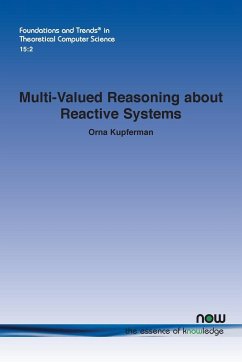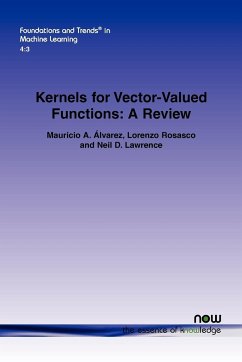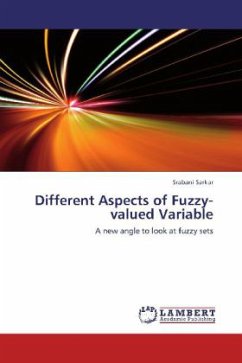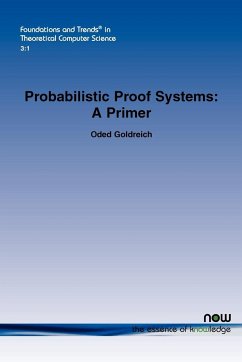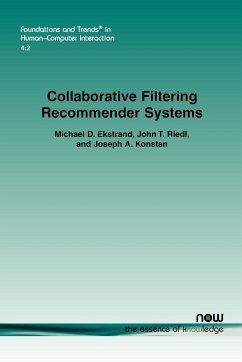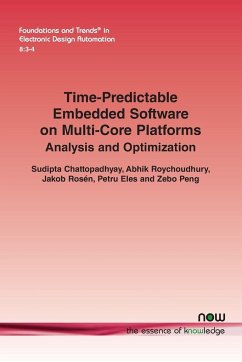Traditionally computer science has been Boolean in nature giving rise to systems based on proving correctness. Correctness is binary, but many questions we want to ask about systems are multi-valued. In modern computing systems this is becoming increasingly insufficient. In particular, beyond checking whether a system satisfies its specification, we may want to evaluate the quality in which the specification is satisfied. This has led to a shift from Boolean specification formalisms to multi-valued ones, which involves a development of multi-valued temporal logics as well as algorithms and tools for reasoning about such logics. This timely in-depth review describes the basics of specification and verification of reactive systems, and the automata-theoretic approach for them: by translating temporal-logic formulas to automata. As introductory material, the author describes the Boolean setting in which the formalisms specify infinite computations. This begins with linear temporal logic, and then focusses on automata on infinite words and their theoretical properties. The author then shows how to refine the Boolean correctness query by a quantitative one in two multi-valued settings. The formalisms introduced are such that the satisfaction value of a temporal-logic formula in a computation, or the membership value of a word in the language of an automaton, are multi valued, and classical decision problems become search problems. Multi-Valued Reasoning about Reactive Systems is a concise source for all researchers and students wishing to understand quickly the theory behind the topic and the context it has within the wider active research branch.
Hinweis: Dieser Artikel kann nur an eine deutsche Lieferadresse ausgeliefert werden.
Hinweis: Dieser Artikel kann nur an eine deutsche Lieferadresse ausgeliefert werden.

